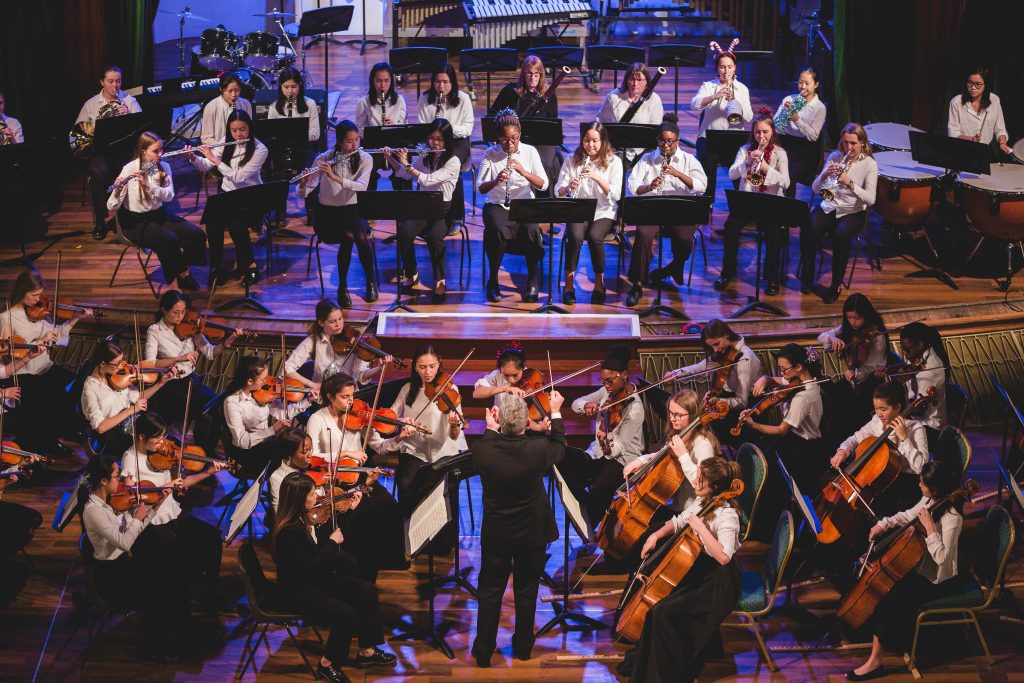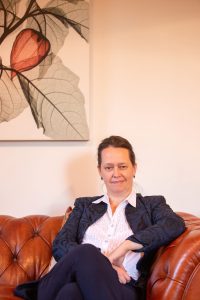
Eve Jardine-Young of CLC
Eve Jardine Young is the Principal of Cheltenham Ladies’ College, an independent boarding school in Gloucestershire named South West Independent Secondary School of the Decade by the Sunday Times Schools Guide in November 2020. Eve grew up in Malawi and won a scholarship to attend CLC in the sixth form. She previously worked at various independent secondaries including Radley College and Epsom College.
What brought you back to CLC?
I did think quite carefully about the wisdom of applying to work at a school I had attended, and where I had been inspirationally taught. I had a healthy scepticism and was prepared to say: this is not a good idea. But what felt powerful and visceral on both occasions — coming to the college on a tour aged 16 and walking back through the door to be interviewed 25 years later– was the sense of observing a community of people who were energised and purposeful. The relationships felt authentic, accessible and sincere. People were not, and are not, treated as a number.
Do you think the girls have changed?
I believe there is a universality and timelessness to the experience of adolescence. There is a very good argument from a neuroscience point of view that adolescence probably lasts until your mid 20s. By the time you get to your late 20s and onwards, there is a sense of greater stability regardless of what is happening in your life, you are generally more comfortable with your sense of ‘self’. You care less about what people think of you all the time. You’re beginning to refine your views and your value systems.
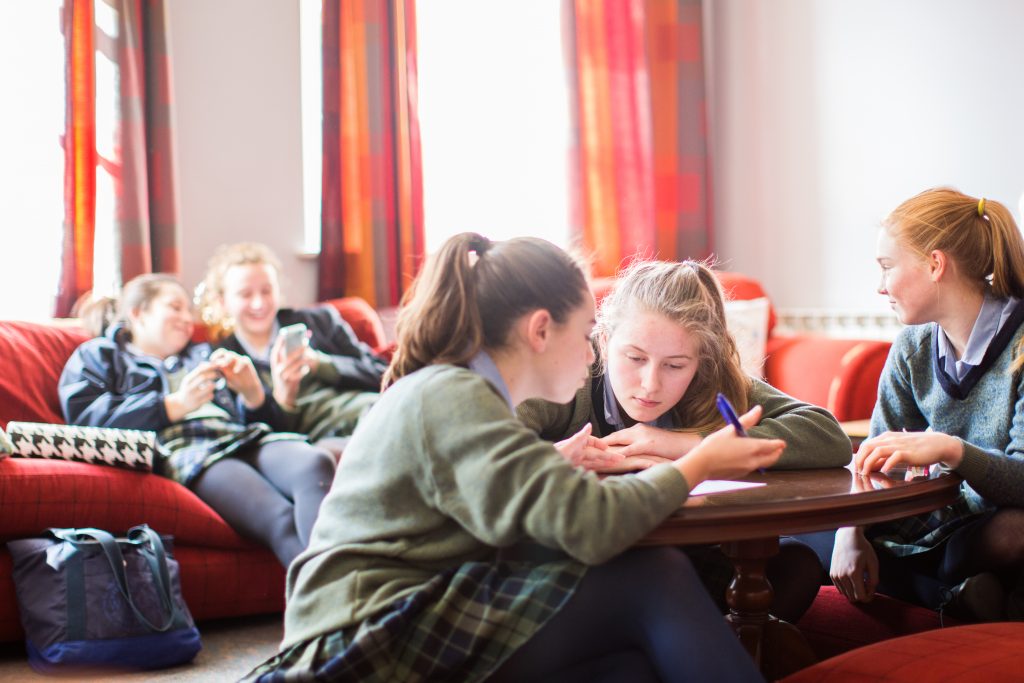
What would you say to parents who are unsure about boarding?
I think what’s a source anxiety amongst some parents these days is that education, while very expensive, is also intangible in its outcomes and requires a leap of faith. You can’t stress test the product in advance of making the purchase. I am incredibly respectful of the enormous trust that parents place in us. We want to work with the girls and their families in a triangular relationship, not a bilateral one where parents send us their child for months at a time. The more visibility and understanding each of the parties have of the other, the better you can support a young person during adolescence. Finally, it’s important that both the girl and the family are ready for boarding if considering this at 11. If there is a sense at home that one or both parents are struggling to really be at peace with the decision and let go, then the adjustment usually takes more time and it might be better to wait until 13 or later, when the family is all on board. Children often sense parental anxiety, and we would encourage a healthy open conversation.
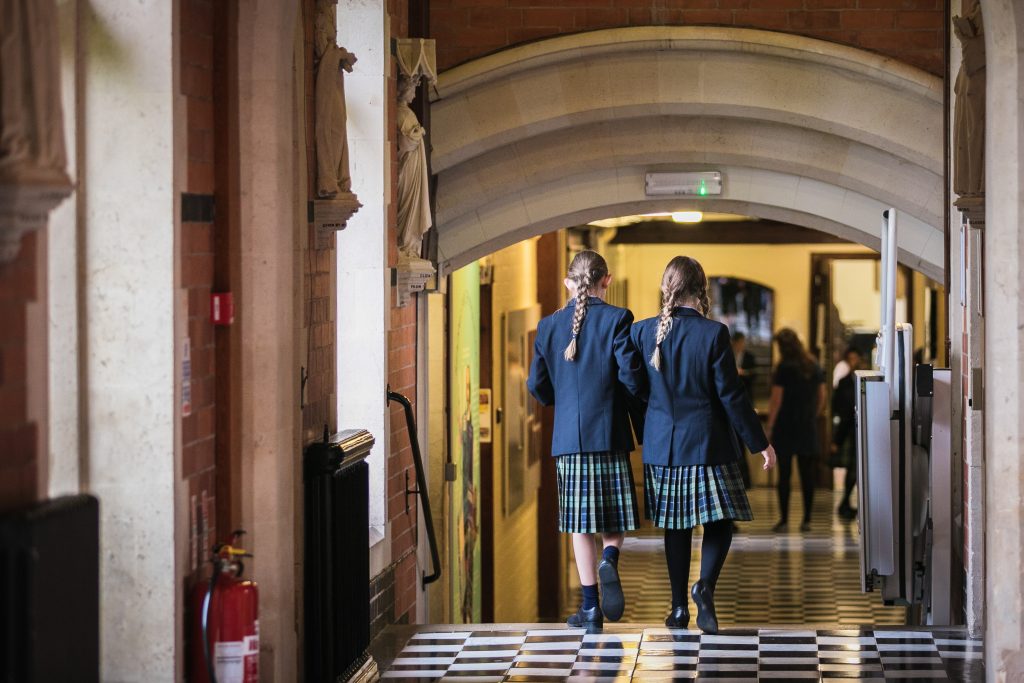
How do you stay relevant as a single sex school?
I have taught in all-boys and co-educational environments, and I love the fact that in this country we have a choice so parents can judge which fit is right for their child. What I would like for the parents is not to rule out our all-girls’ environment too early in their consideration sets. In a co-educational environment, the experience of a son and of a daughter is not always identical in terms of the opportunities which are afforded to the girls, especially in the access to sport, which is typically gender separated. Some traditional boys-only schools have only recently allowed girls in and sometimes the school settles with a minority population, such as girls being 40% of the intake or less. If you are a parent of both genders, reflect on how strongly you really want an equal quality of educational opportunity for your daughter as well as your son. It is worth considering what the full realities might be of her experience and opportunities in both a single sex and a co-ed context before reaching a decision. In a girls-only school of our size, with 100% specialisation for girls, the opportunities for participation in sports, music, drama, outdoor education, leadership and the full range of academic subjects is exceptional.
What are your views on technology?
I believe that we need to put our humanity at the centre of our technology and not the other way around, as Apple CEO Tim Cook suggested to the graduating class of MIT. In terms of managing the use of technology at school, we need to work collaboratively with the girls rather than seek to command-and-control using top down management. I want to foster a culture of co-creative dialogue where the pupils feel they can question rules, including those around technology, because frankly if we can’t convincingly justify the rationale behind them to intelligent, discerning and curious young women, then they should be substituted with something better, that maybe they can help us co-author.
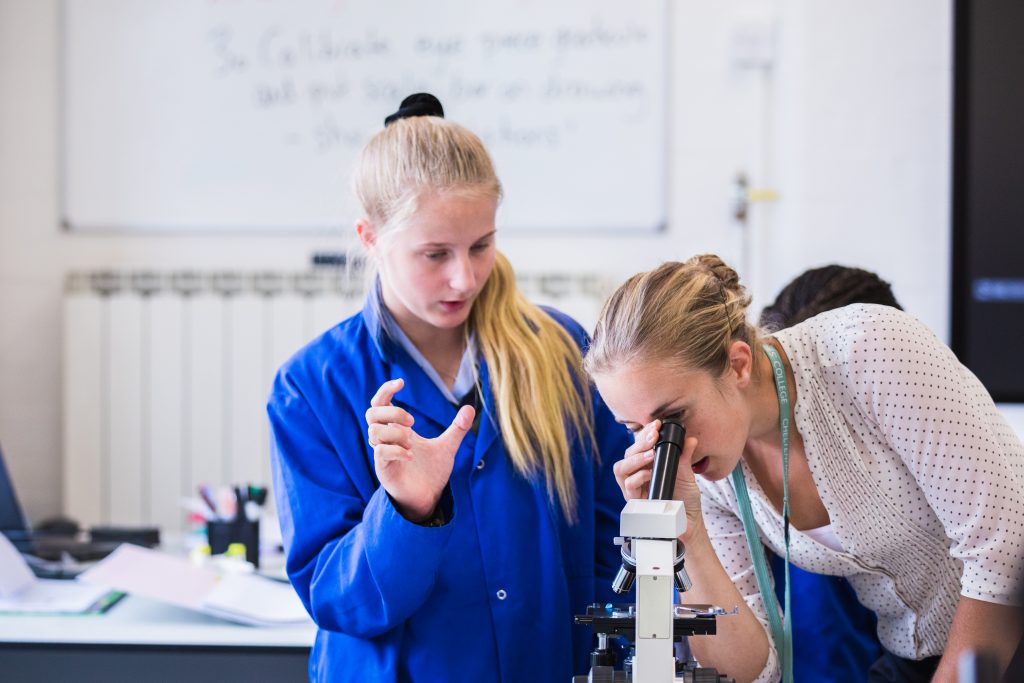
What do you think are the biggest challenges to the mental health of girls these days?
I want the girls to learn to navigate choice, manage the white noise of incoming information, and cope with a degree of existential angst. The question is: can we, through these years of adolescence, equip them with the emotional and psychological toolkit — as well as their CV and qualifications—to deal with the enormous and often unexpected challenges life will throw at them? Can they have the right conversations with themselves when they face an overwhelming number of options? Can they turn down the white noise of technology and constant information to prioritise well, and focus on what they need to do right now? Can they re-direct their anxiety into something productive? These softer skills are everything.
This is why we cannot be servants to the league tables alone. What is important to me —and I hope it is for parents– is who you will become while you are getting your grades. This is the parallel, equally relevant journey that will accompany you while studying here: forming your feelings of identity, of belonging, of culture. Developing awareness, independence and resourcefulness to ensure you can manage your own education in university and be attractive to employers later on. Nowadays the goal is not just to have opportunities one day. The relevant question is whether you are going to survive these opportunities, and this is a matter of EQ alongside IQ, having well developed emotional maturity and insightful, empowering self-knowledge.

How do you think your experience growing up in Africa has shaped you?
In the Africa I grew up in, everybody lives with a higher tolerance level built in. There is an understanding that you can’t eliminate risk entirely and that it’s a waste of energy to try. There are too many hazards, so it’s better to focus on survival skills rather than trying to clear risk out of the way. No-one imagines there are risk-free landscapes, so children are raised to be resourceful, generous in spirit in relation to others, and with a very healthy respect for the elements and and the forces of nature.
The role of the community is also strong. In the absence of many formal support systems, such as social security or roadside recovery, the default expectation was that your neighbour or a stranger would step in if you would find yourself in trouble. The whole baseline paradigm was different and the gift that that gave me was that there was no sense of entitlement. My mother made sure I could change a tyre, re-wire a plug and read an instruction manual. That element of pragmatism, that mindset with a willingness to attempt something, to try, is essential.
I also saw tremendous innovation and resourcefulness in people who had very little by way of material assets, and that was truly inspiring at a deep level. I witnessed how strong humans can be under duress and how people can find their way back to joy, being in the moment and being present for each other, with strong family ties and a sense of responsibility for each other and their elderly. There is a huge amount of precious social capital in Africa that we could do worse than imitate, and find our way back to.
